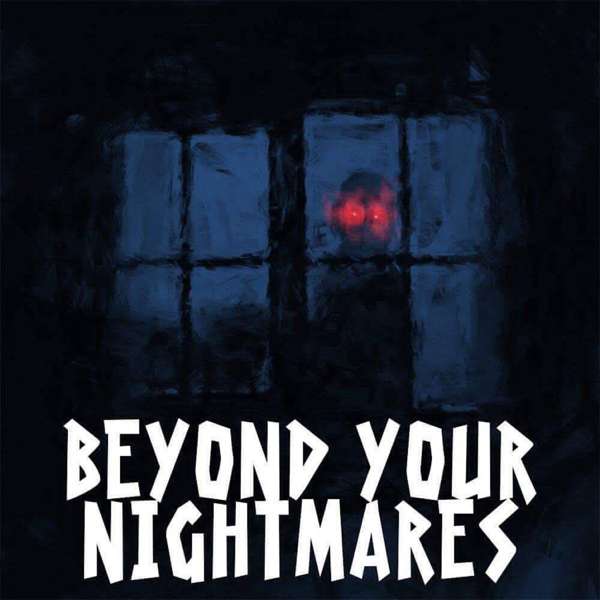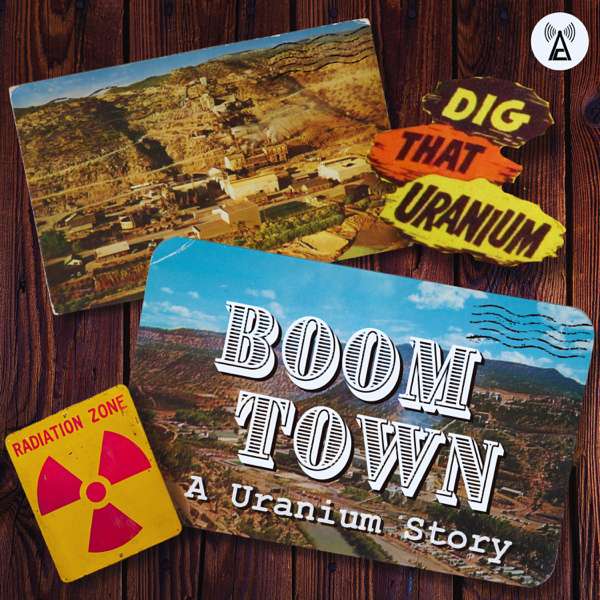In this episode, Scott Horton and Daryl Cooper dissect the intricate geopolitical tensions surrounding Iran as the specter of American military intervention looms large. Their conversation opens with a focus on recent protests in Iran, examining how mainstream media's enthusiastic endorsement of revolution contrasts sharply with the realities of the region’s deep economic strife and dissatisfaction.
As they explore the potential for U.S. involvement, they draw critical parallels to devastating interventions in Libya and Syria, prompting a discussion on the cycle of violence and instability that often follows foreign meddling in sovereign nations. They highlight how U.S. foreign policy has evolved into a militarized approach that neglects the nuances of local dynamics and the complex relationship between the Iranian government and its citizens.
The duo critiques the narratives perpetuated by Western media, underscoring the dangers of framing interventions as altruistic endeavors rather than acknowledging the potential for chaos and division that such actions may create. Horton and Cooper emphasize the necessity of historical awareness and accountability, warning against the repetition of past mistakes by subsequent generations.
Concluding the episode, they advocate for a discerning approach to understanding liberation movements versus colonialism disguised as humanitarian aid, urging listeners to remain critically engaged with the narratives that shape public perception. Their insightful dialogue underlines the importance of fostering genuine human rights advocacy without unwarranted interference in other nations’ affairs, resonating powerfully amidst contemporary global uncertainties.
Chapters:
0:00 Intro
1:00 Introduction to the Iranian Revolution
2:13 Protests and Potential Outcomes
3:35 The Cost of Intervention
6:23 America's Historical Patterns
10:21 Consequences of Regime Change
16:49 The Dilemma of War Predictions
19:37 Infiltration and Information Warfare
21:35 The Role of External Forces
26:02 The American Response to Intervention
30:56 Domestic Perspectives on Foreign Affairs
36:45 Propaganda and Public Perception
40:16 The Narrative of Fear
47:09 The Complexity of Immigration Issues
52:07 The Politics of Public Relations
56:50 Cover-Ups and Conspiracy Theories
1:03:35 Speculations on Motives
1:12:16 Conclusion and Upcoming Content
(Cleaned up w/ the Podsworth app. https://podsworth.com)
👉 Subscribe for more honest, unfiltered conversations that push past the noise.
🔹 No safe spaces.
🔹 No corporate filters.
🔹 Just raw, informed, and fearless conversation.
Provoked show website:
https://provoked.show
Darryl's links:
X: @martyrmade
https://subscribe.martyrmade.com
Scott's links:
X: @scotthortonshow
https://scotthortonacademy.com
https://libertarianinstitute.org
https://antiwar.com
https://scotthorton.org
https://scotthorton.org/books
https://www.scotthortonshow.com
🎙️ New to streaming or looking to level up? Check out StreamYard and get $10 discount! 😍 https://streamyard.com/pal/d/4904399580430336

 Our TOPPODCAST Picks
Our TOPPODCAST Picks  Stay Connected
Stay Connected







